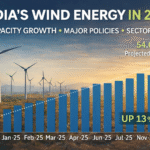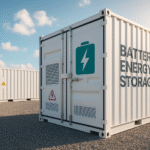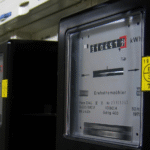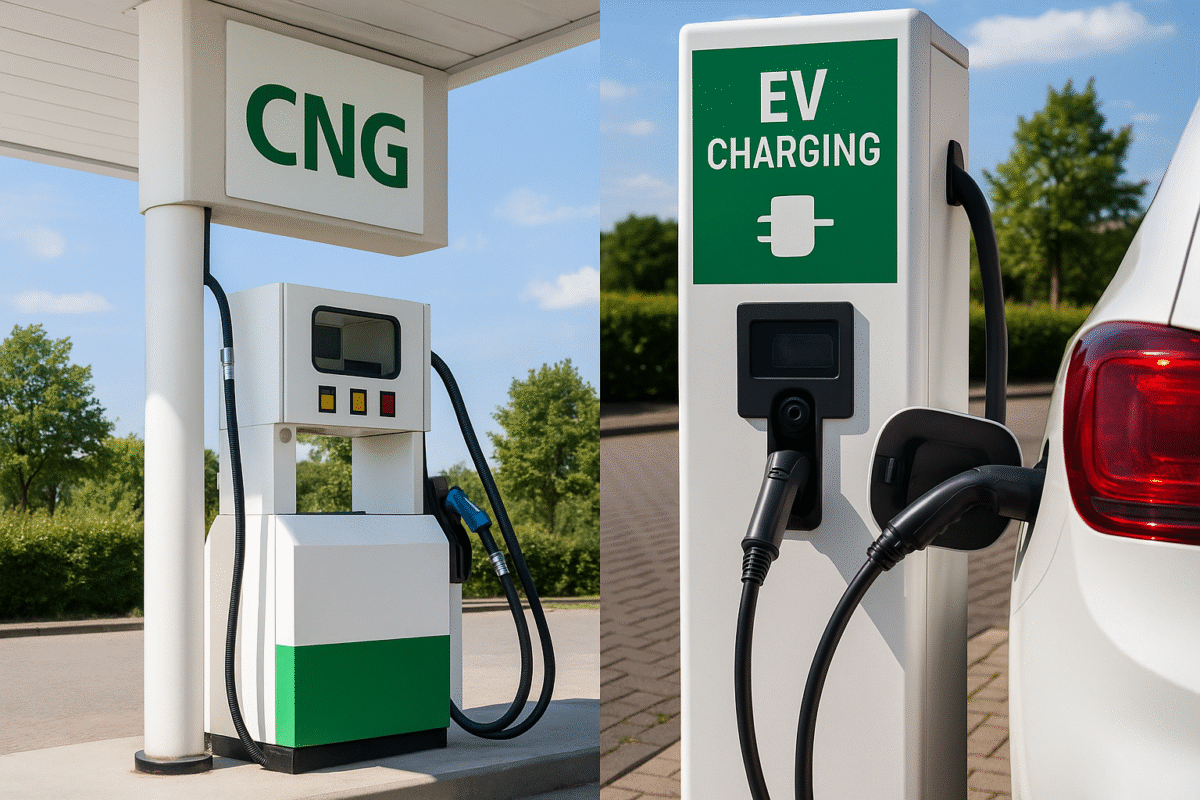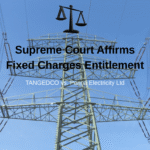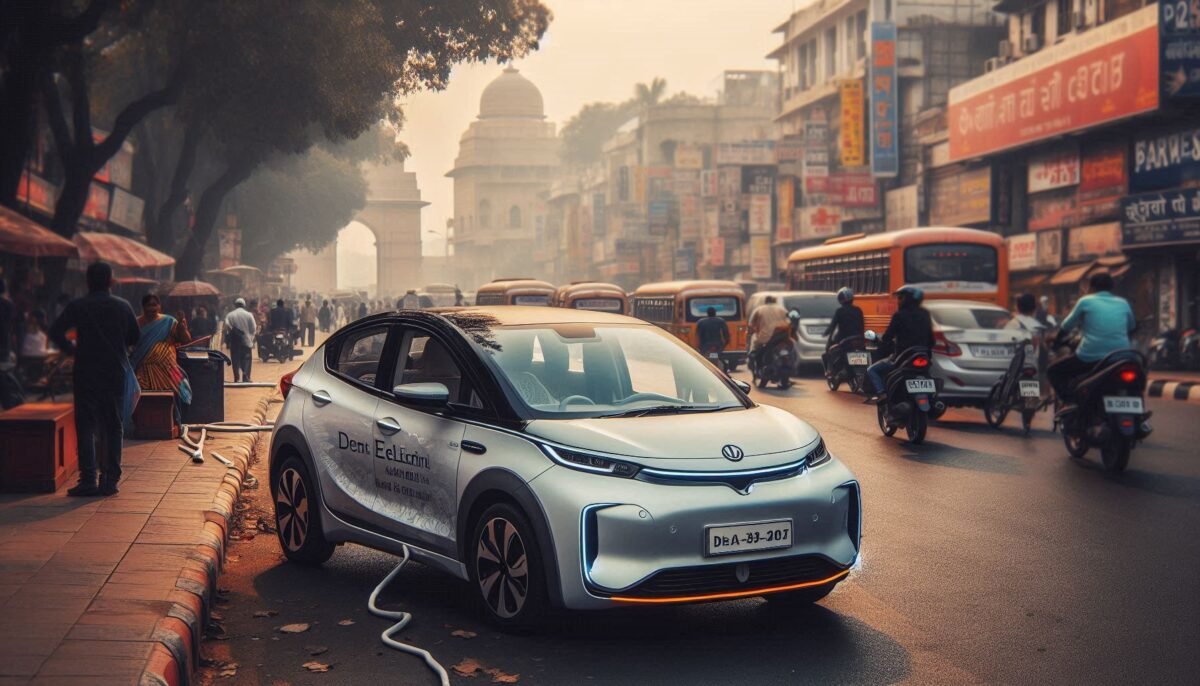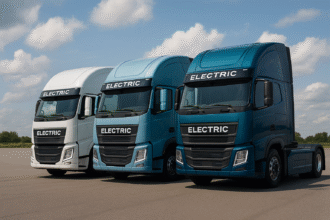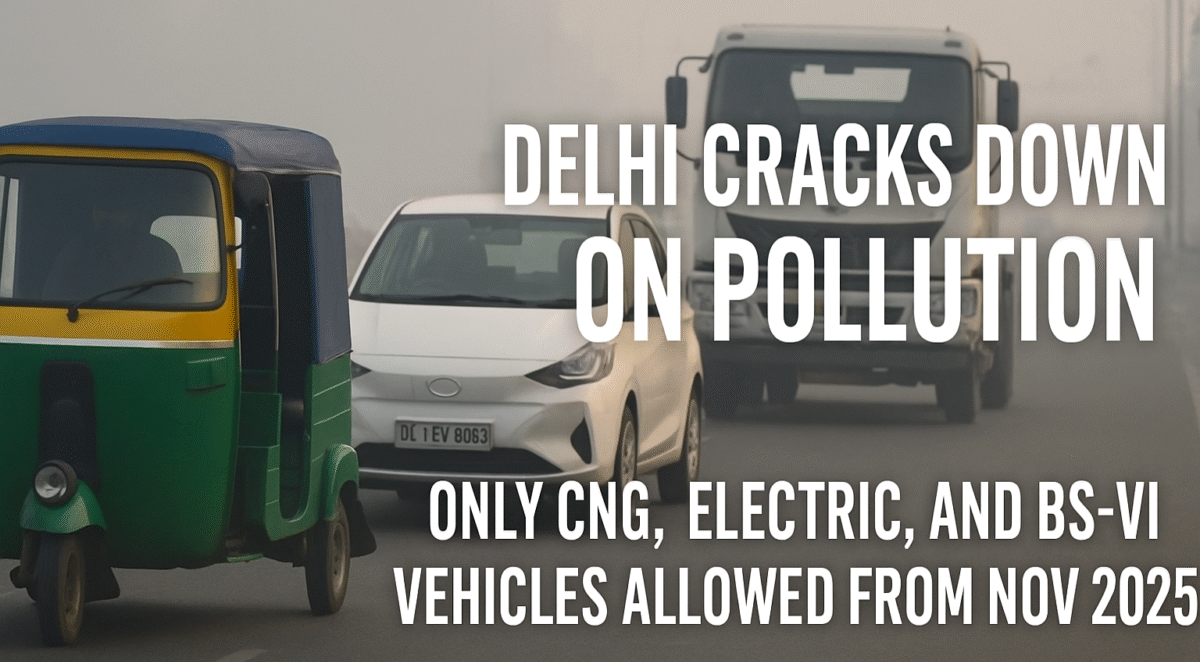Guwahati, June 6, 2025 – On the occasion of World Environment Day, the Assam state transport department announced an ambitious green transport initiative: installing Compressed Natural Gas (CNG) pumps and electric vehicle (EV) charging stations in every town across the state. The scheme aims to build a comprehensive clean-energy infrastructure, bolster sustainable mobility, and reduce dependence on conventional fossil fuels.
Driving Context: Assam’s Clean Energy Ambitions
Assam’s Integrated Clean Energy Policy (ICEP 2025), unveiled in April 2025, set a roadmap to add 11,700 MW of renewable capacity by FY 2030, including 1 GW of battery storage and 2,000 EV charging stations. Encouraged by central nodal agencies such as the Ministry of Petroleum & Natural Gas (MoPNG) and the Electric Vehicle Association of India (EVAI), the state government is committed to helping Assam emerge as a regional clean-tech leader in its Northeast corridor.
As of May 2025, Assam already operated 257 electric buses and 100 CNG-fueled buses in Guwahati’s public transport network. More than 6,000 private EVs—predominantly two- and three-wheelers—are registered statewide. By extending infrastructure into each of Assam’s 33 districts, officials foresee exponential growth in EV adoption and an increase in CNG-powered public and private fleets.
| CNG Pump Rollout | EV Charging Network | Mass Awareness & Community Engagement |
|---|---|---|
| Target: One CNG station in every town (population over 10,000). | Deployment: Both slow (7 kW AC) and fast chargers (30 kW and 60 kW DC) will be installed at strategic locations: bus depots, municipal parking lots, shopping complexes, and highways. | World Environment Day Launch: The announcement took place at an event co-organized by the Kamrup Metro District Transport Office, Assam Pollution Control Board, and S B Deorah College. Students performed mime acts on environmental themes, while Assamese actors Pranjal Saikia and Chetana Das lent support. |
| Initial Phase: Launch of a CNG outlet in Silchar’s Barak Valley (supported by Assam Chief Minister Himanta Biswa Sarma). Public—private partnerships (PPPs) will be solicited to operate these pumps, ensuring rapid scale-up. | Public-Private Framework: Private charging-point operators (CPOs) will bid for installation rights under a floor price model—charging ₹1 per unit to CPOs at government land sites (District Transport Office premises, etc.). | Capacity-Building: Assam Power Distribution Company Limited (APDCL) will conduct training workshops for local entrepreneurs to become licensed CNG station operators and EV charging providers. |
| State-Wide Coverage: By March 2026, at least 40 new CNG stations will be commissioned, reducing reliance on diesel for public transportation and last-mile delivery vehicles. | ToD & Dynamic Tariffs: Under the Assam Electricity Regulatory Commission’s (AERC) guidelines, EV charging stations will receive Time-of-Day (ToD) and dynamic tariff privileges. Off-peak rates (₹2.50 per kWh) will encourage nighttime charging, reducing grid stress. |
Financing, Incentives, and Policy Support
- Central and State Grants:
- Under the FAME II scheme, Assam is eligible for 30 percent capital subsidy on EV charging equipment. The state’s ICEP 2025 allocates ₹800 crore to incentivize e-vehicle adoption and charging infrastructure.
- For CNG infrastructure, the Ministry of Petroleum & Natural Gas is offering 10 percent viability gap funding (VGF) for greenfield stations set up in remote districts.
- Private Sector Engagement:
- Assam signed Memorandums of Understanding (MoUs) with Indian Oil Corporation (IOCL), Gujarat State Petroleum Corporation (GSPC), and Guwahati Metropolitan Development Authority (GMDA) to fast-track pipeline connectivity, site approvals, and licensing.
- AU Small Finance Bank and State Bank of India (SBI) have agreed to provide concessional loans (8 percent interest) with a 3 percent interest subvention for seven years, lowering the effective cost of capital to 5 percent.
- Regulatory Facilitations:
- The Assam government has simplified land allotment: urban local bodies will grant “provisional permission” within 15 days of application, expediting charging station installations.
- For CNG stations, a “single-window” clearance mechanism ensures regulatory approvals (environmental clearances, fire NOCs, and UI licenses) are processed within 30 days.
The initiative dovetails with Prime Minister Narendra Modi’s “Hydrogen Energy Mission” goals and the central government’s National Electric Mobility Programme. By creating a robust green-fuel and EV ecosystem, Assam aspires not only to improve air quality across the Brahmaputra Valley but also to position itself as a clean-tech nucleus for India’s Northeast region.
As the state government, transport department, and energy stakeholders collaborate to roll out this infrastructure, Assam’s residents will gradually witness a shift from diesel-laden roads to quieter, cleaner CNG and electric alternatives—an emblematic step toward India’s low-carbon, sustainable future.




